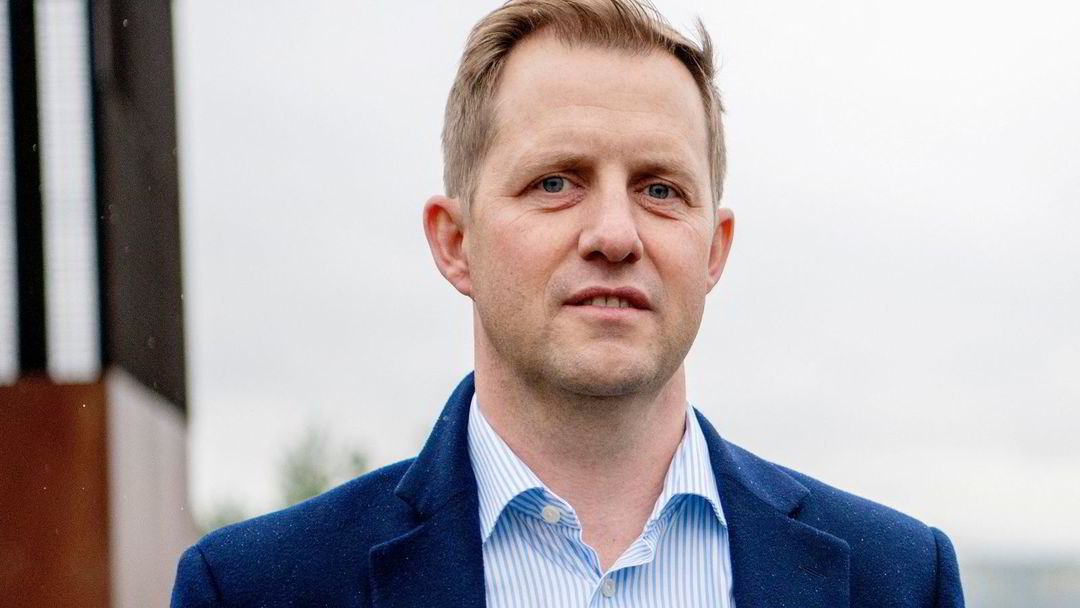Twitter and Facebook are hit hard. Due to different reasons. But both cases lead one consequence: social media will likely become even more inconvenient.
It doesn’t work on Facebook and Twitter, it works. And steep descent. And on Twitter, he’s also quite rounded. There, not only us users, but the whole world are witnessing a breathtaking show that has been dominating the headlines day after day for two weeks. And this in times of great news.
So for about two weeks we have all been witnessing a show that is difficult for the rationally gifted to understand. Elon Musk kicked out around 3,700 people as soon as he took over official business. A few days later he summed up some of them. However, word of bankruptcy is now making the rounds, casually launched by Musk, who recently paid $44 billion for the store.
Tech giants in crisis
This means that Twitter and Facebook are very popular. The social media boom during the Corona lockdowns is over; we can meet again live instead of on platforms. Add to that runaway inflation and the looming recession, which is making advertisers more cautious. On Twitter, some of them have for the moment completely disowned: companies are often big believers in the principle of reason and consequently alienate Musk’s capricious behavior.
TV reporter Nicole Diekmann is known as a serious political reporter. Completely different, namely witty and funny, you can see them on Twitter – where he has over 120,000 fans. There he fills the political and social excitement of the Internet. Your book “The Shitstorm Republic” is available anywhere, you Blogs can be found here.
Facebook is also grappling with individual problems. There, decline had long been in sight. In the first quarter of this year, the number of users decreased for the first time in the company’s history, and sales also decreased in the second quarter.
One has to believe in coincidences at least as much as Donald Trump’s supporters believe in electoral lies in order not to see a connection between declining sales and a simultaneous open consideration by Meta’s leadership: if they no longer want to take such decisive action against fake news , we thought there.
One cycle from hell
From a purely commercial point of view, this is logical: fake news, which has always found excellent fertile ground on Facebook, but also on WhatsApp, the Facebook subsidiary, brings in more money. We humans are simple; we prefer to read crazy stories rather than sober news. (Some of us even believe it.)
And the longer we keep reading, the more data we leave behind. More precisely, companies can personalize and place advertisements about us. A cycle from hell, but also a cycle that leads straight to hell. This money printing machine is powered by algorithms that have been described many times. So the equation is: the more outrageous it is, the louder the cash register rings.
That is why at first sight it is resoundingly good news if the giants were slowly dwarfing and sinking into insignificance. The hate machines that are to a large extent (and Twitter was long before Musk came to power) would lose their power. The sometimes toxic climate would no longer spill over into our analog life to the same extent it does now. In short: if Facebook and Twitter died, our lives would be better.
Only: probably not going to happen. Because we have been on drugs for a long time. We users are used to the release of dopamine that comes with every like and share. That happy feeling when we feel seen, validated, supported, when we feel our reach. Social networks are legal cracks. We will not do without it.
Unfortunately, there are hardly any alternatives. Many people (including me) are trying their hand at the Mastodon non-commercial network, which at first glance has a lot in common with Twitter. But will it really catch on? Especially since most people are still with the original.
Tailored advertising – it’s one thing
Despite all the doomsday prophecies and declining numbers at least worldwide, as well as the declining interest of young people, Facebook is still the most used social network in Germany. And on Twitter, virtually every politician counts, countless institutions, media professionals, and prominent public figures. So what are called multipliers.


